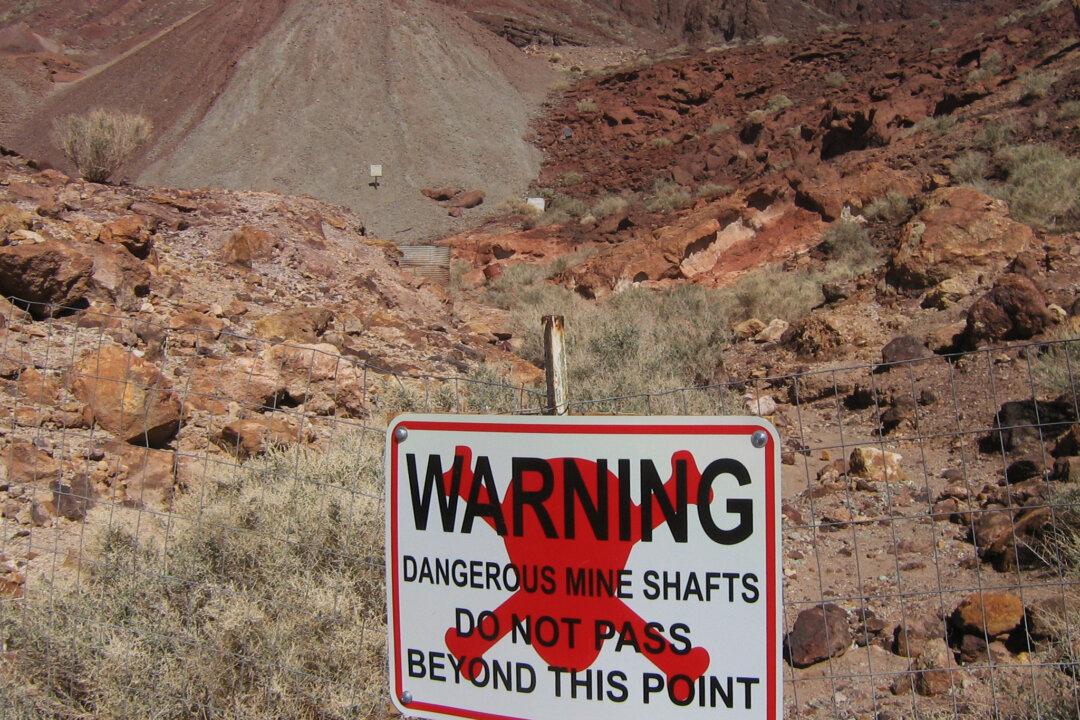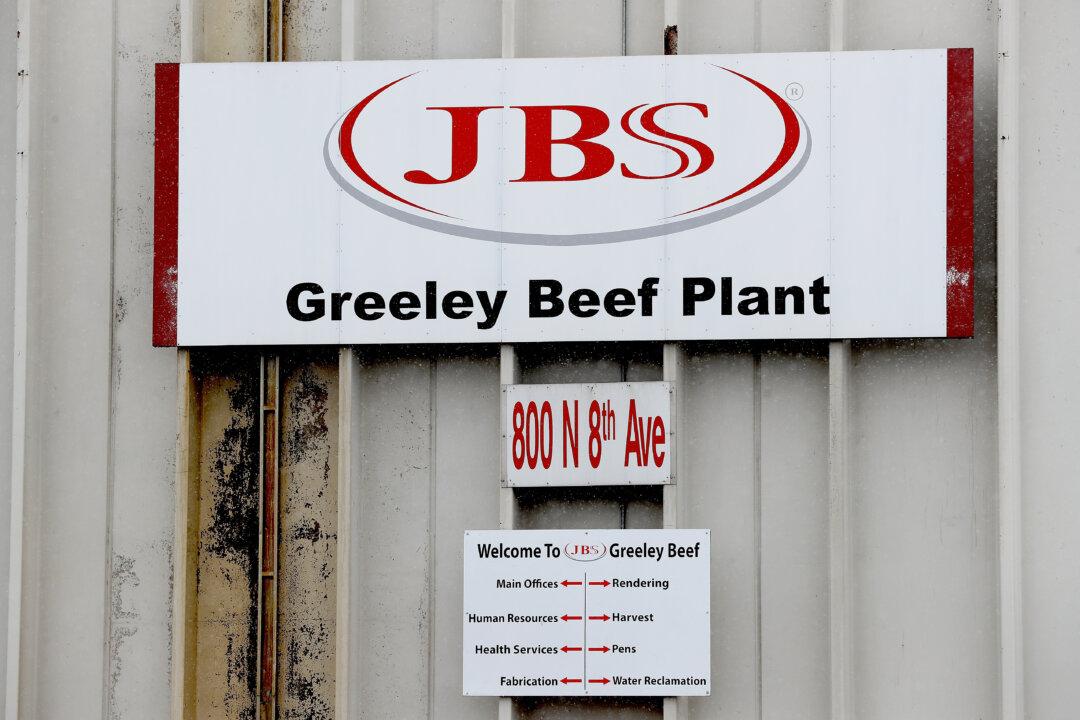The Environmental Protection Agency (EPA) launched a new Office of Mountains, Deserts, and Plains this week to better address the clean-up of legacy mining sites and abandoned mines across the western United States.
The new office will be located in Lakewood, Colorado, and will target multi-disciplinary issues unique to the region, assuming oversight responsibilities for hardrock mine remediation sites west of the Mississippi River. According to the EPA, the Office of Mountains, Deserts, and Plains will act as a contact point for states, tribes, and other federal agencies that are stakeholders in such remediation projects, and will also support conservation organizations involved in so-called ‘Good Samaritan’ mine reclamation projects.





